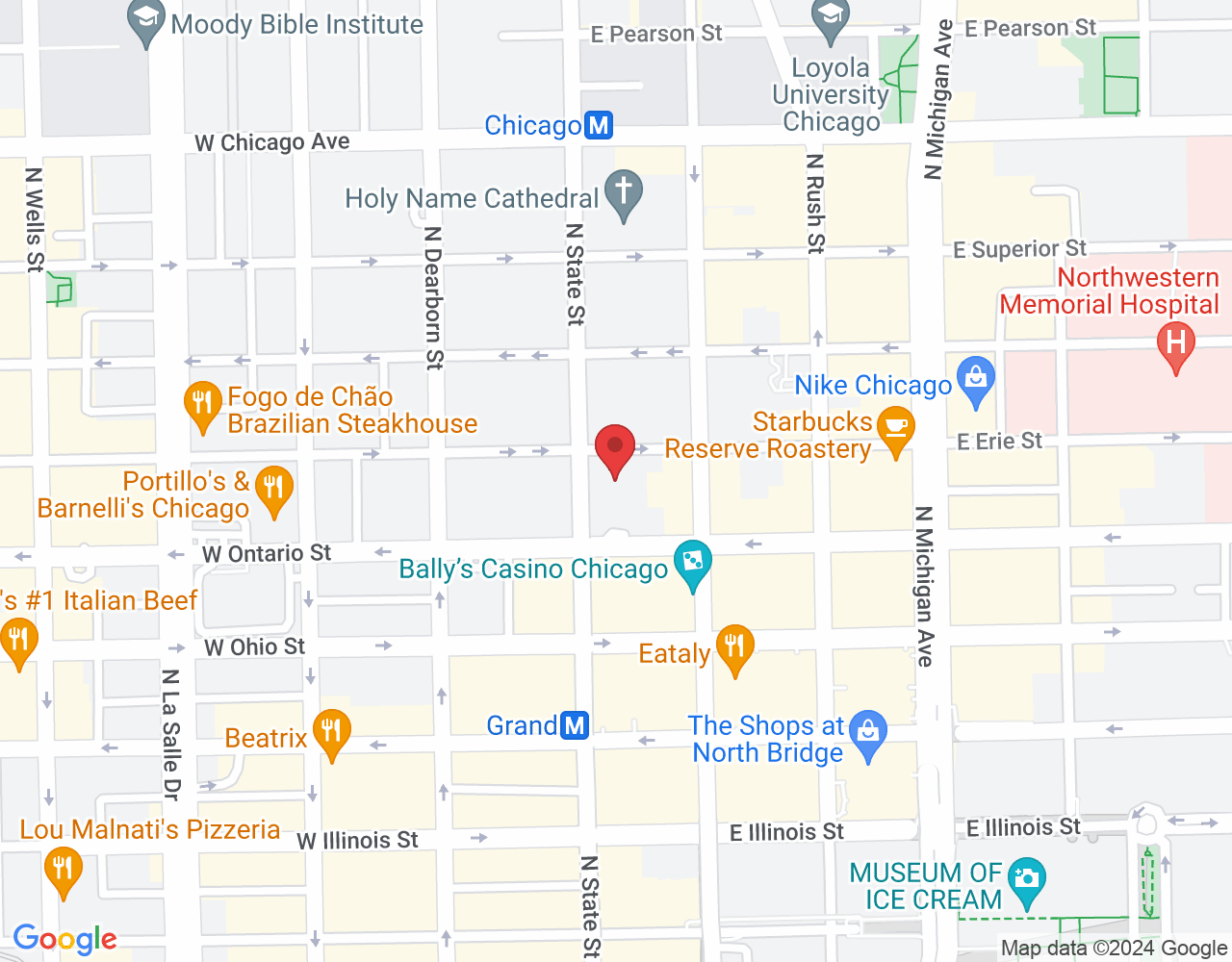
Basic Overview of Burial Insurance for Bipolar Disorder
Do you or someone you know struggle with bipolar disorder? If so, this blog post may offer some valuable insights.
Firstly, it's important to clarify that burial insurance differs from traditional life insurance, especially for individuals with bipolar disorder. Funeral expenses can sometimes amount to tens of thousands of dollars, depending on various factors.
Having this type of coverage can help ensure that these expenses remain manageable and within any financial constraints. If you're interested in speaking with an agent to explore your options, don't hesitate to contact us. We're here to help make the process less daunting for you.
Final Expense Insurance for Bipolar Disorder
Is Bipolar Disorder Considered a Pre-Existing Condition?
Navigating final expense insurance with conditions like bipolar disorder can seem daunting, often raising questions about pre-existing conditions. One common query we encounter is, "Is bipolar disorder considered a pre-existing condition?"
Fortunately, we're pleased to inform you that securing affordable burial or final expense insurance with a bipolar diagnosis is typically straightforward
Is Bipolar Disorder Already Existing?
Yes, indeed! In fact, we specialize in addressing specific health issues like bipolar disorder.
However, receiving a bipolar diagnosis can significantly impact one's life. From the carrier's perspective, it may indeed be classified as a pre-existing medical condition.
Can You Obtain Life Insurance with Schizophrenia or Bipolar Disorder?
Certainly! Moreover, as you'll soon discover, being diagnosed with bipolar disorder should minimally affect the quality of coverage available to you.
Insurance Coverage for Bipolar Disorder
Can I Secure Funeral Insurance for Bipolar Parents?
Absolutely! This is a fantastic question, and the answer is a resounding yes. Many of our clients' adult children reach out to us daily seeking assistance in achieving this objective for their parents.
In general, insurance companies are typically accommodating when it comes to providing the lowest rates and expeditious coverage to individuals with bipolar disorder. Mental health issues like bipolar disorder are often not extensively evaluated by insurance companies.
Bipolar Disorder and Underwriting Process
"The Inside Scoop on Bipolar Disorder Life Insurance Underwriting...
What You Should Know Today!"
In general, insurance providers offer the most competitive rates with immediate coverage from day one under terms like "simple," "preferred," or "level."
To qualify for such a simplified insurance plan, it's essential to apply for burial or final expense insurance with simplified underwriting.
As with other health conditions, insurance companies assess claims based on two main factors:
Health questions
Prescription history evaluation
Your health and medication history, including past medical conditions, treatments received, and their durations, will also be scrutinized.
Additionally, it's crucial to recognize that bipolar disorder may predispose individuals to develop mental health conditions such as schizophrenia, PTSD, depression, and anxiety.
Can You Obtain Life Insurance with Bipolar Disorder?
Underwriting Health Questions
It's important to note that insurance providers typically don't focus on mental health issues related to bipolar disorder in their underwriting process. You won't see terms like "mania," "bipolar," or "manic depression" in their health questions.
Simply put, if an insurance provider doesn't explicitly ask about a health condition, it suggests they are not stringent about it and are likely to offer final expense insurance at a reasonable cost with swift coverage.
Therefore, if your insurance agent suggests difficulty in finding a reputable insurance provider for bipolar disorder, it may be time to seek out a new representative.
Similarly, final expense insurance providers rarely inquire specifically about bipolar disorder. Instead, their health inquiries typically cover any other medical conditions you may have.

Underwriting Prescription Assessment
Can individuals with mental illnesses purchase life insurance? Insurance companies often review your prescription history to identify any underlying health concerns they deem significant.
Do Antidepressants Impact Life Insurance Premiums?
Mood stabilizers, antipsychotics, antidepressants, and anti-anxiety medications are typical treatments for bipolar disorder, and insurance companies generally have no issues with these medications.
Patients with bipolar disorder commonly use the following medications:
Aripiprazole (Abilify)
Asenapine (Saphris)
Carbamazepine (Tegretol, Equetro, Others)
Divalproex Sodium (Depakote)
Effexor
Emasam
Lamotrigine (Lamictal)
Lexapro
Lithium (Lithobid)
Lurasidone (Latuda)
Marplan
Nardil
Olanzapine (Zyprexa)
Parnate
Paxil
Prozac
Quetiapine (Seroquel)
Remeron
Risperidone (Risperdal)
Valproic Acid (Depakene)
Wellbutrin
Ziprasidone (Geodon)
Zoloft
However, some insurance companies may inquire about the reasons for prescribing these medications, particularly if you're taking antipsychotics, antidepressants, or both.
Other insurers may ask:
Have you ever had suicidal thoughts or attempts? If so, when?
Have you ever engaged in self-harm or attempted it? If so, when?
If you encounter these questions, you might have applied to an insurance company less inclined to favor your health condition.

Top Life Insurance Options for Bipolar Disorder
Categories of Bipolar Disorder
As outlined in the Diagnostic and Statistical Manual of Mental Disorders, here are the categories of bipolar disorder.
Bipolar 1 Disorder: This is the most severe form of bipolar disorder, characterized by manic episodes lasting at least seven days or requiring immediate hospitalization. Depressive episodes often accompany or occur independently of manic episodes.
Bipolar 2 Disorder: Individuals with this type experience milder manic episodes, known as hypomania, which are less severe than full-blown mania. Depression is more common and can be severe. Bipolar II is typically marked by recurring depression and hypomanic episodes.
Cyclothymic Disorder: Cyclothymic disorder involves frequent episodes of hypomanic and depressive symptoms that do not meet the criteria for a full manic or severe depressive episode. The symptoms are milder but can persist for at least two years.
Bipolar Disorder Not Otherwise Specified (BP-NOS): This category is used when symptoms do not meet the criteria for Bipolar I, II, or cyclothymic disorder but still indicate a significant mood disorder. It may include symptoms of both mania and depression, but they may be less severe or persistent.
Other Specified and Unspecified Bipolar and Related Disorders: These categories encompass a range of mood disorders with bipolar characteristics that do not neatly fit into the aforementioned classifications. They are utilized when symptoms do not meet specific criteria but still require clinical attention.
Regardless of the type of bipolar disorder you have, our top-rated A+ insurance providers offer tailored solutions.
For instance, if you have no other major health conditions, you can expect simplified issue life insurance for bipolar disorder or the lowest rates with swift insurance coverage.
Impact of Hospitalizations on Bipolar Disorder
It's essential to understand that severe episodes of bipolar disorder requiring hospitalization typically have minimal to no impact on final expense insurance offers.
Reputable insurance providers with an A+ rating generally do not take into account hospitalizations related to bipolar disorder when assessing applicants.
Even if you were questioned about past hospitalizations due to bipolar episodes, it wouldn't affect the outcome with our selected insurance providers.
At BestBurialPolicy.com, we exclusively partner with reputable insurance providers.
Finding the Best Burial or Final Expense Insurance for Clients with Bipolar Disorder
Apart from severe illnesses, the only potential obstacle you may encounter when applying for a final expense insurance plan with bipolar disorder is being offered expensive policies with waiting periods. This indicates that you may not have the right insurance agent representing you.
How We Can Assist You in Finding the Best Final Expense Insurance for Bipolar Disorder
Our team comprises highly skilled final expense insurance specialists dedicated to securing the best possible burial insurance policy for individuals with bipolar disorder or other mental health conditions. With over 26 years of experience serving insurance clients, we are licensed in 49 states and committed to providing tailored solutions for your needs.
Life Insurance Options for Individuals with Bipolar Disorder
Rest assured that we exclusively collaborate with top-rated A+ insurance providers who hold your health in the highest regard and have no reservations regarding bipolar disorder.
All we require is your trust and a few minutes of your time to inquire about your health status and any current mental health conditions you may have.
Reach out to us without delay! We assure you a simple, hassle-free interview process.
For further insights into mental illness, feel free to explore our resources.

Conclusion
The encouraging news is that securing affordable funeral or final expense insurance following a diagnosis of bipolar disorder is straightforward. We're here to assist you in finding the suitable plan tailored to your requirements and addressing any queries you may have regarding coverage for individuals diagnosed with this condition. Don't hesitate to reach out to us promptly so we can assess the best options for you!
Evaluate quotes from leading insurance providers
Compare quotes from top insurance carriers
Best Plan For Me
Qualified Health Impairments
This site provides life insurance information and quotes. Each rate shown is a quote based on information provided by the carrier. No portion of BestBurialPolicy.com may be copied, published or distributed in any manner for any purpose without prior written authorization of the owner.




